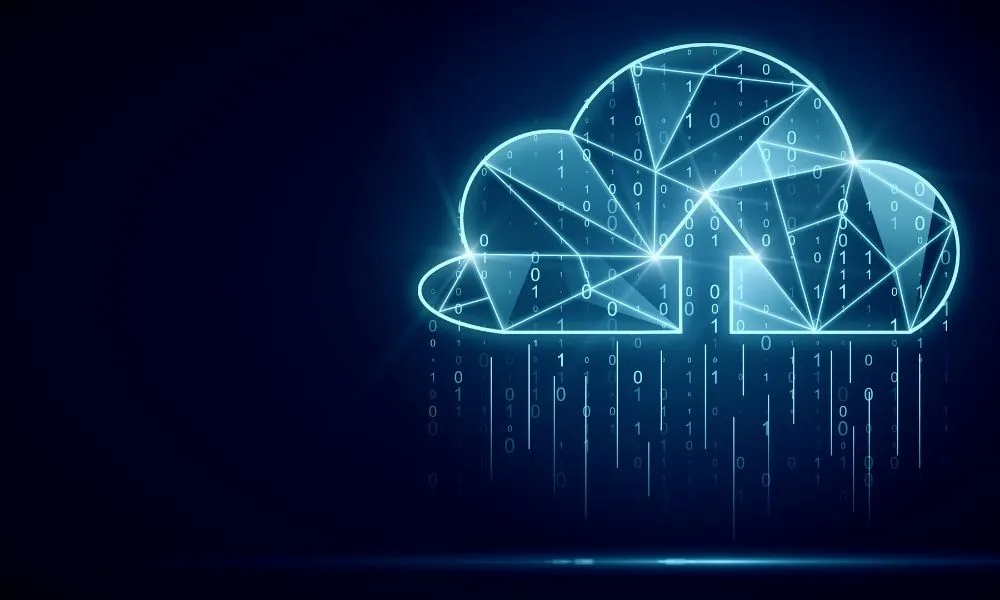Unlocking potential: exploring the future of blockchain in cloud erp systems
In the realm of enterprise resource planning (erp), the integration of blockchain technology holds the promise of revolutionizing traditional business processes, enhancing transparency, and driving efficiency. As businesses increasingly embrace cloud-based erp solutions, the future of blockchain integration becomes a topic of keen interest. In this blog post, we’ll delve into the potential of blockchain in cloud erp systems, examining its transformative impact, emerging trends, and implications for the future of enterprise management.
Understanding blockchain in the context of cloud erp
Blockchain is a decentralized, distributed ledger technology that enables secure and transparent recording of transactions across multiple parties in a tamper-resistant manner. In the context of cloud erp systems, blockchain integration extends the capabilities of traditional erp architectures by providing a decentralized and immutable record of transactions, contracts, and assets. Here’s how blockchain is shaping the future of cloud erp systems:
1. Enhanced data integrity and trust
Blockchain technology ensures data integrity and trust in cloud erp systems by providing a transparent and immutable record of transactions. Each transaction recorded on the blockchain is cryptographically linked and time-stamped, making it virtually impossible to alter or manipulate the data retroactively. By leveraging blockchain for transaction processing and record-keeping, cloud erp systems enhance trust among stakeholders, reduce the risk of fraud, and enable auditors to verify the integrity of financial data more efficiently.
2. Streamlined supply chain management
Blockchain facilitates transparent and efficient supply chain management in cloud erp systems by enabling end-to-end visibility and traceability of goods and assets across the supply chain. Through the use of smart contracts, blockchain automates and enforces contractual agreements between parties, such as suppliers, manufacturers, and distributors, ensuring compliance with predefined terms and conditions. Blockchain-based supply chain solutions in cloud erp systems enable real-time tracking of shipments, verification of product authenticity, and proactive management of inventory levels, reducing delays, errors, and disputes.
3. Improved data security and privacy
Blockchain enhances data security and privacy in cloud erp systems by decentralizing data storage and encryption mechanisms. Unlike traditional centralized databases, where a single point of failure can compromise data integrity and confidentiality, blockchain distributes data across multiple nodes in a network, making it resilient to cyber attacks and unauthorized access attempts. Additionally, blockchain enables businesses to implement granular access controls and data sharing permissions, ensuring that sensitive information remains private and accessible only to authorized parties.
Emerging trends and applications
Several emerging trends and applications demonstrate the potential of blockchain in cloud erp systems:
Interoperability with legacy systems: blockchain interoperability solutions enable seamless integration with existing cloud erp systems, allowing businesses to leverage blockchain capabilities without disrupting existing workflows or infrastructure. Interoperable blockchain protocols and middleware facilitate data exchange and communication between disparate systems, enabling cross-platform compatibility and interoperability.
Tokenization of assets: blockchain enables the tokenization of assets, such as real estate, intellectual property, or financial instruments, in cloud erp systems. Tokenization involves representing physical or digital assets as unique digital tokens on the blockchain, enabling fractional ownership, liquidity, and transferability of assets. Blockchain-based asset tokenization solutions in cloud erp systems unlock new opportunities for asset management, investment, and capital formation.
Decentralized finance (defi) integration: blockchain-based decentralized finance (defi) applications are increasingly integrated with cloud erp systems to enable peer-to-peer lending, borrowing, and trading of financial assets. Defi protocols leverage blockchain smart contracts to automate and execute financial transactions without the need for intermediaries, such as banks or brokers, reducing costs, and increasing accessibility to financial services.
Considerations for adoption and integration
While the future of blockchain in cloud erp systems is promising, businesses must consider several factors when adopting and integrating blockchain technology:
Scalability and performance: blockchain scalability and performance remain key challenges for widespread adoption in cloud erp systems. Businesses should evaluate blockchain platforms and consensus mechanisms that offer high throughput, low latency, and scalability to support enterprise-scale applications and transaction volumes.
Regulatory compliance and governance: blockchain adoption in cloud erp systems requires careful consideration of regulatory compliance requirements and governance frameworks. Businesses must navigate complex legal and regulatory landscapes to ensure compliance with data protection, privacy, and financial regulations, such as gdpr, hipaa, and sec regulations.
Interoperability and integration: blockchain interoperability and integration with existing cloud erp systems require standardized protocols, apis, and middleware solutions that facilitate seamless data exchange and communication between disparate systems. Businesses should collaborate with blockchain developers, consultants, and solution providers to ensure compatibility and interoperability with legacy systems and industry standards.
Conclusion: embracing blockchain innovation in cloud erp
In conclusion, the future of blockchain in cloud erp systems holds immense potential for transforming traditional business processes, enhancing transparency, and driving efficiency. By leveraging blockchain technology, businesses can enhance data integrity, streamline supply chain management, and improve data security and privacy in cloud erp systems. Emerging trends such as interoperability, asset tokenization, and decentralized finance integration demonstrate the evolving landscape of blockchain innovation in cloud erp systems.
While blockchain adoption in cloud erp systems presents challenges and considerations, businesses can navigate these complexities by prioritizing scalability, regulatory compliance, and interoperability. By embracing blockchain as a strategic enabler, businesses can unlock new possibilities for innovation, transparency, and competitiveness in the ever-evolving landscape of enterprise management.






